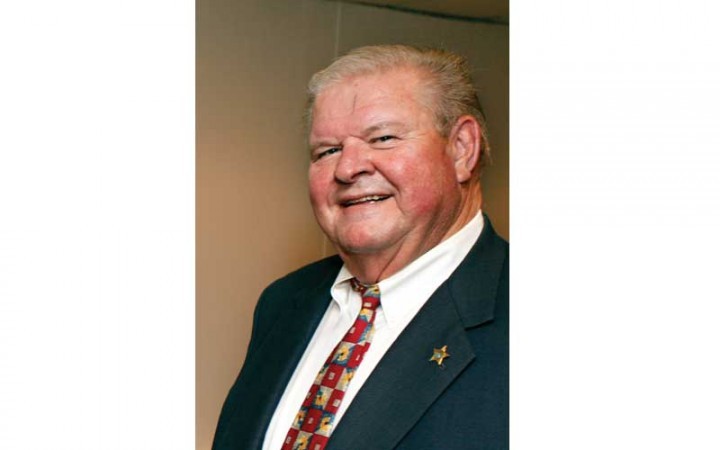INDIAN RIVER COUNTY — When Gary Wheeler was unanimously elected chairman of the Board of County Commissioners on Nov. 15, he won the right to sit in the middle seat on the dais in the commission’s chamber at the county government center – and not much else.
Or, actually, he shouldered a number of new responsibilities and opportunities, but not necessarily the increase in political power the title seems to imply.
“The public perception is the chairman’s the honcho,” says Wheeler, who has held the office before during his four terms on the board. “In reality, he has less power than other commissioners in some ways.”
“It is probably a net loss,” says Commissioner Peter O’Bryan, who was chairman from November 2009 to November 2010. “You lose the power to make a motion, for one thing, and have to rely on someone else to make one for you.”
“As chairman, you feel an obligation to let others speak first, so you can’t jump in and try to get the dialogue going the way you want,” says Wheeler. “You also become the focal point of negativity. If the board does something unpopular, you hear about it more than other commissioners.”
The commission deals with a wide range of complicated and sometimes confusing issues and meetings typically run for several hours during which dozens of matters are discussed and acted on.
“Sometimes when a complex subject is being debated, you can lose track of what you want to say,” says O’Bryan. “You have to pay so much attention to controlling the flow of the meeting, recognizing other speakers on the board or members of the public and keeping the motions clear it takes almost a double level of concentration to shape your own thoughts.
“Once you step down as chairman, the meetings really slow down. It is like you go from warp speed to normal speed.”
“As chairman you have to be more intent on making sure the meeting is running well and everybody is heard and everything gets done,” says outgoing Chairman Bob Solari. “It takes some of your energy away from the substance of what the board is doing.”
The chairman has more demands on his time outside meeting hours as well.
“The chairman is the one who cuts the ribbons and serves as the face of the county,” says Wheeler.
At the same time, serving as chairman of the most influential governing body in the county does have its perks, and some real if not altogether obvious power.
The chairman, for instance, decides who speaks and, in the case of the public, for how long.
“When I was chairman, I made the decision not to strictly enforce the three-minute rule,” says Commissioner Wesley Davis, “and the other chairmen have kept on with that since then. It is important to let people have their say. As long as they stay on topic and don’t get into personalities as opposed to issues, we give them some leeway.”
Commission decisions can be swayed by what the public says, so the power the chairman has to cut off a speaker or allow full expression is significant.
The chairman has the power to appoint other commissioners to the various committees they serve on, which Davis says can be important, and the opportunity to sum up a debate after hearing what everyone else has to say, possibly shifting the outcome.
The office also carries prestige, which like perception, is power by another name.
“You probably do have more influence in some ways because people perceive you that way,” says Wheeler.
“I was chairman the year I was running for reelection, which is supposed to be a jinx because no sitting chairman had ever been reelected, but I felt it gave me a chance to showcase my leadership,” says O’Bryan, who won another term in 2010.
“I am very happy my fellow commissioners allowed me to serve,” says Solari, a sentiment shared by all past chairmen on the board.
Wheeler, Davis and O’Bryan all say being elected was “an honor.”
And they all say new chairmen are guided and supported by prior board leaders in a way that makes the job a little easier.
“That was an important thing for my chairmanship,” says Solari. “I had Wesley on one side and Peter on the other and if I slipped up, they leaned over and said, ‘Bob, you need a second on that motion,’ or ‘You forgot to turn on your microphone.'”

